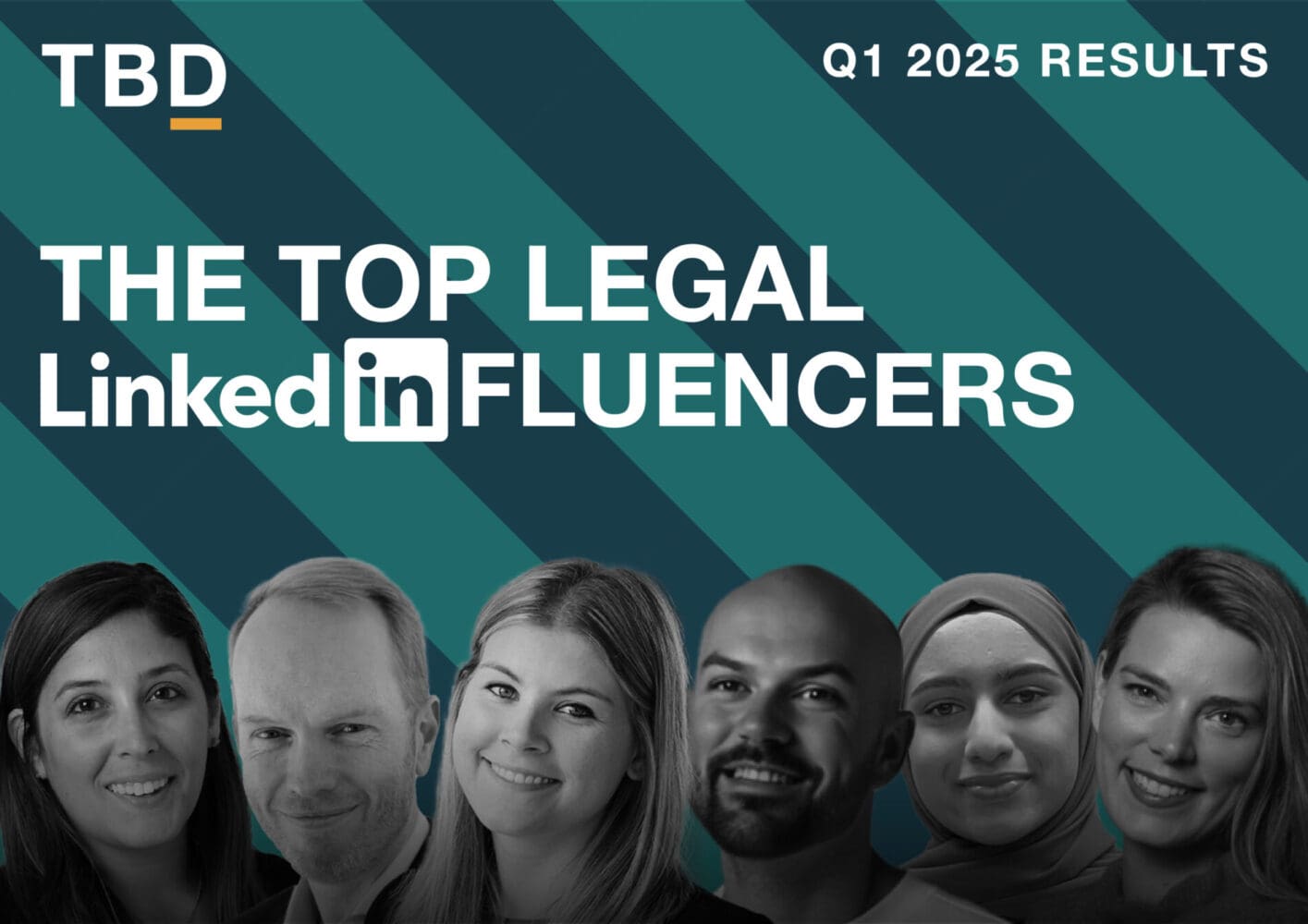In six weeks’ time, I am doing a talk for the PM Forum – a group for professional services marketing experts – on data and digital marketing.
I’ve always been something of a statistics lover, enjoying ways to find new facts or themes and trends. I studied stats at A level, and my love continued through my years as a researcher/journalist at Legalease where I ran the major partner, associate and financial surveys under the brilliant editors, Martha Sellers-Klein, Tom Freeman and Claire Smith. They gave me the time and freedom to gather and interpret the data and break some amazing news stories as a result.
Then again, I can’t say that I have used my love for stats as consistently or as thoroughly as some people. Take , for example, world’s highest-rated chess grandmaster – Magnus Carlsen (who this week achieved the longest ever unbeaten run in chess 112 matches) who was also recently number one on the world for Fantasy Football. But I have always loved quoting a stat in conversations.
My love for using data to inform marketing was rekindled last summer when working on some reports for a client: Using the data, I could see things that I would otherwise have dismissed as counterintuitive. I could also spot things that were missing from the data and explore if that was right, and why. Using my new-found insights, I changed my own marketing behaviours based on better data and have since produced better results.
And again, yesterday, my sense of urgency around all professional services marketing was piqued again as I read some digital marketing advice that was – how to put this nicely? – just plain wrong in two major ways:
- First, it was based on a historical view of some elements of digital marketing which are now outdated. It was a snake oil salesperson – someone who’d jumped onto the latest trend and suggests themselves as an expert. I’ll do a separate post on uncovering if your external advisers know what they’re talking about or not shortly.
- Second – the views were based on gut instinct not data. In 2020, that’s no longer reasonable or tenable. At all points in the sales funnel, we have data points which can and should inform our options and improve our ROI. Gut instinct is an essential element of the marketing toolkit – but it’s not the only tool. I’ll also do another blog post on that shortly.
The session I am running at the end of February is going to talk about exactly that: how we have sensible KPIs in professional services marketing, the kinds of things that all events and marketing, comms, CRM and business development guys can and should be asking for when making their plans for the financial year ahead.
We’re going to cover the following for all marketing and BD people:
- “What can I ask digital marketing to give me in terms of data that will improve my events/CRM/sector plans/business development?”
- “How much of this is down to the digital marketing person?”
- “Which digital marketing KPIs are core and which are bellwethers?”
- “What terms do I need to understand and why?”; and
- “What are the industry benchmarks for some of our core activities?”
So, on Wednesday 26th February, I am running this session and it’s hosted by TLT in Bristol. The best views of the city without climbing into a hot air balloon? Possibly.
The session is for everyone who works in marketing in professional services and also anyone who works in client knowledge too.
You’ll come away with new benchmarks and insights and useful tools to be able to plan for the year ahead.
I’d love to see you there, so please sign up for a ticket.
Si







